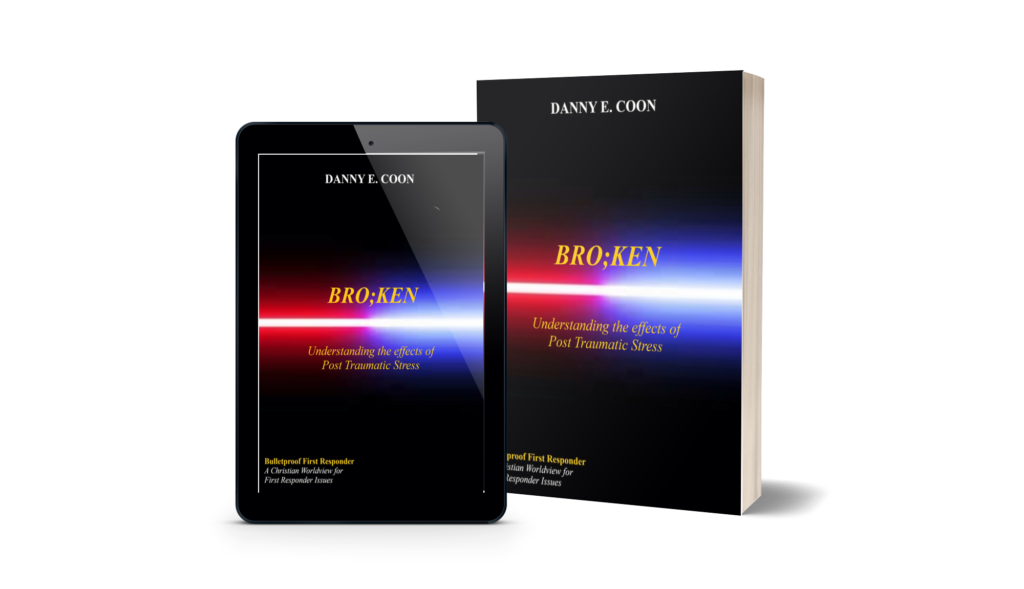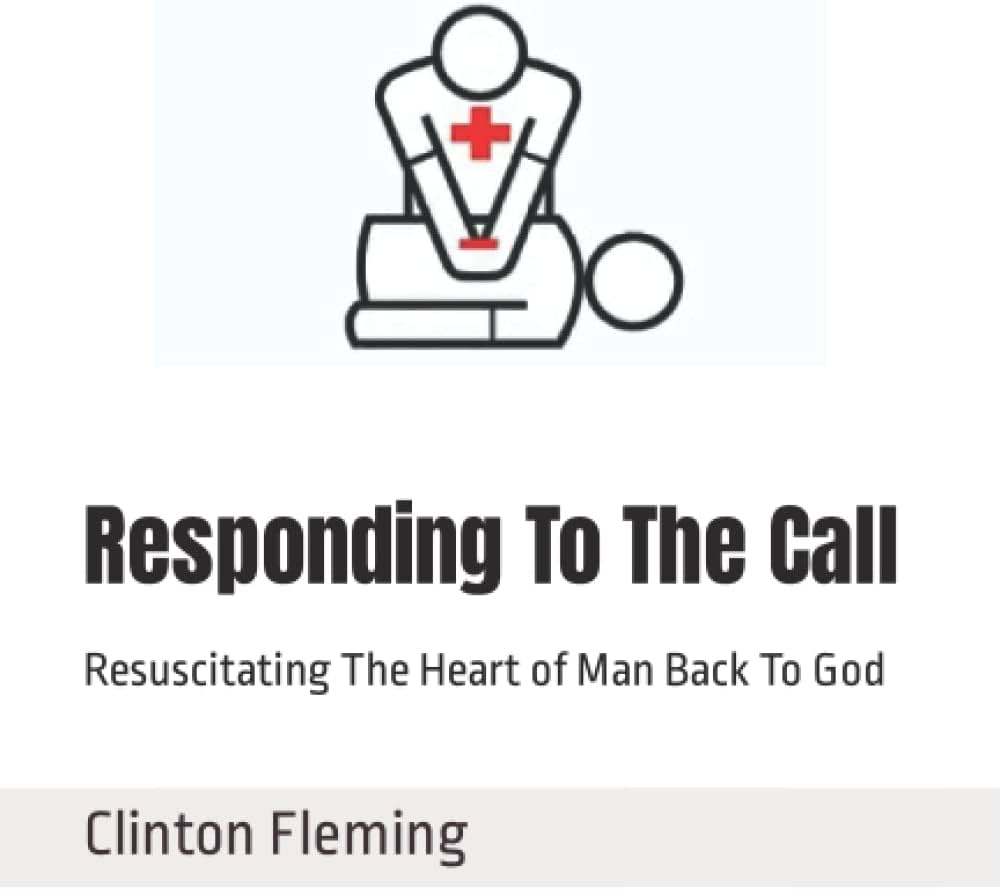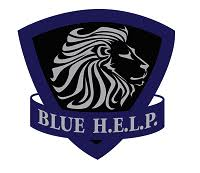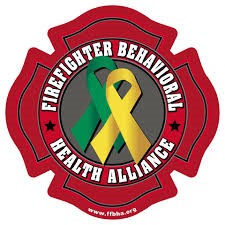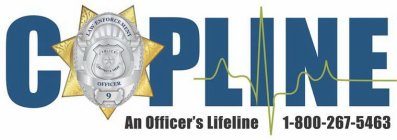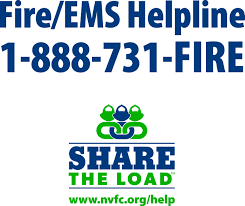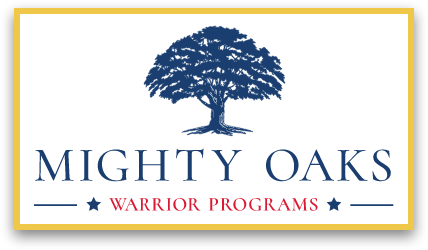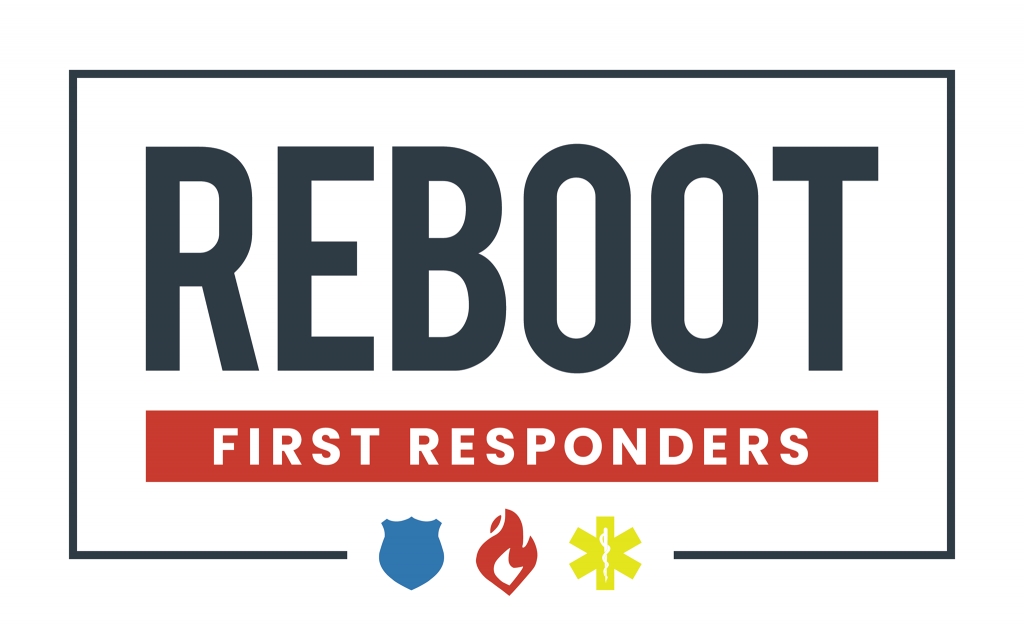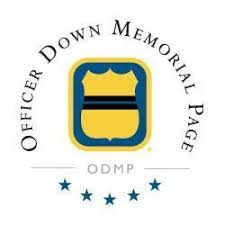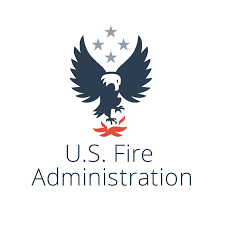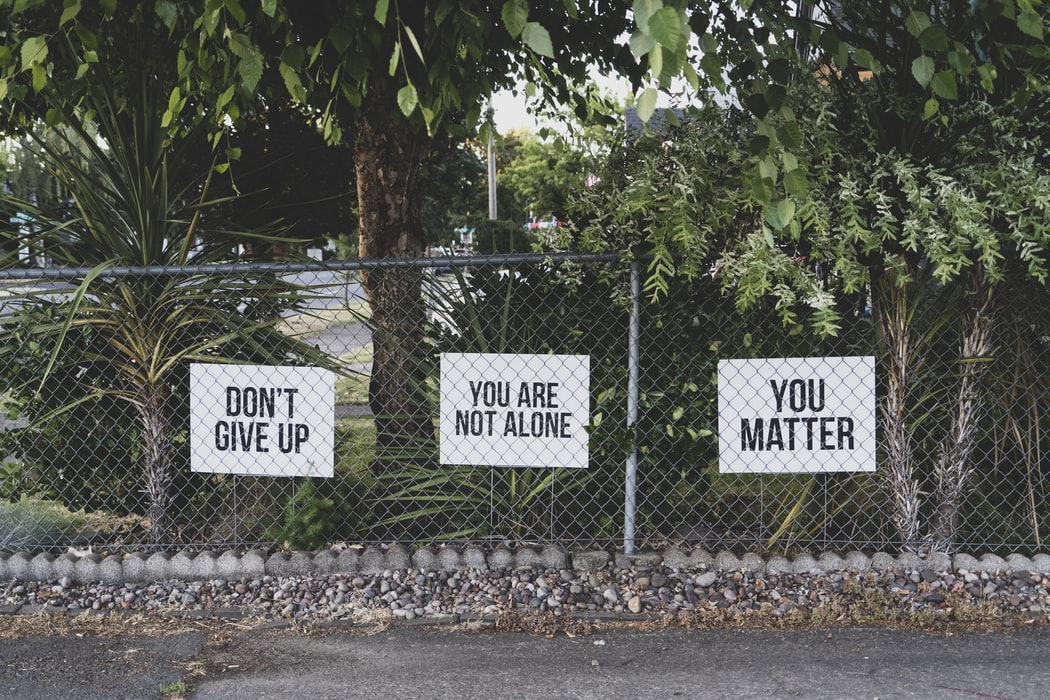
Check-in With Yourself
“It is God who arms me with strength and makes my way perfect.” Psalm 18:32
Being the guardians and warriors of our society, firefighters, medics, cops, and emergency response dispatchers are all too familiar with the horrors they face daily. They experience and see things that most people cannot comprehend. First responders tend to overlook themselves when providing a much-needed service to the public. On any given day, they will be involved in horrible situations where death and loss are sudden and unexpected. These daily events can cause stress that can very easily and quickly take a toll on their mental health. It’s crucial to prioritize mental well-being in such demanding roles.
As a result of exposure to these traumatic events, some may experience Acute Stress Disorder (ASD), Post-Traumatic Stress injury (PTSi), Depression, or other Mental Health challenges during their career. ASD can last up to one month; after that, it is diagnosed as PTSi, which could last for years.
Through numerous studies, it has been well-established that about 20% of the population will experience ASD after being exposed to an event involving death or near death, serious injury, or a physical or sexual violation. Furthermore, research has shown that 35% of our law enforcement officers are thought to have PTSi.
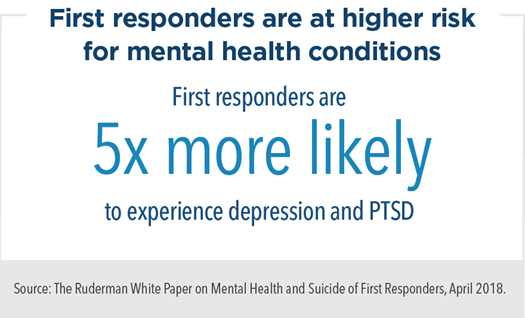 We deal with long-lasting emotional reactions that derive their impact from trauma that happened to others; this is known as derivative stress. We experience cumulative stress, the psychological adverse response caused by frequent exposure to stress-producing incidents over time.
We deal with long-lasting emotional reactions that derive their impact from trauma that happened to others; this is known as derivative stress. We experience cumulative stress, the psychological adverse response caused by frequent exposure to stress-producing incidents over time.
These stresses are the building blocks of suicidal ideation. We need to “check-in” and get a good evaluation of our mental health. We need to accept the reality that these stresses are affecting us. We need to open up and talk to those around us, our loved ones, our friends, and our work partners about what is happening.
Peer counseling is one of the best ways to communicate; our peers can relate to us. Social relationships can impact one’s mental health. Positive and constructive conversations and setting appropriate boundaries can help you build closer bonds with your loved ones and friends.
Please encourage your friends and family on their wellness journeys by checking in with them regularly. It can be fulfilling to help others improve their mental health and foster a happy environment away from work.
Taking care of your mental and emotional health will help you think more clearly and react to situations safely and on time. Take little breaks to clear your head and engage in mindfulness exercises daily.
The challenges that first responders face have grown significantly. Regulations and additional funds must be adjusted to address the group’s growing demands. Some strategies are beginning to take shape and show great promise for minimizing any adverse effects that first responders may be internally suppressing. We must address and support our first responders since it is no longer a hope but a necessity.
Find support; find a space where you can talk about your experiences. Participating in family peer support programs can strengthen family bonds and help members better understand and handle the stressors of being a first responder family.
While psychiatric counseling, antidepressant medications, and exposure-based therapies may help, proper treatment must involve being on a solid foundation with Jesus Christ. Without scripture, the word of God, complete healing will not be fulfilled.
As First Responders, we swore to protect good and fight evil. Many have lost track of their priorities and have put the job first in their lives. If you are experiencing lower than usual sense of self-worth, depression or misplaced guilt, inability to specifically remember or talk about the trauma, feeling numb emotionally, dissociation (not aware of the present moment), a feeling of disconnection from your everyday lives, feeling hyper-aroused and vigilant for danger all the time, lashing out in irritability or unexplained anger, feeling jittery, or unable to concentrate on tasks at hand or other anxiety disorders, such as panic or intense distress, talk to someone and get help. Return to the basics: Put God First, Family Second, and the job further down in the order.
IF YOU HAVE THOUGHTS OF SUICIDE, GET HELP NOW
Law Enforcement COPLINE (800) 267-5463
Firefighters / Medics Fire/EMS HELPLINE (800) 731-FIRE (3473)
“There is only one way to get well. And it’s through a relationship with Jesus Christ.”
Chad Robichaux – Mighty Oaks Warrior Programs

